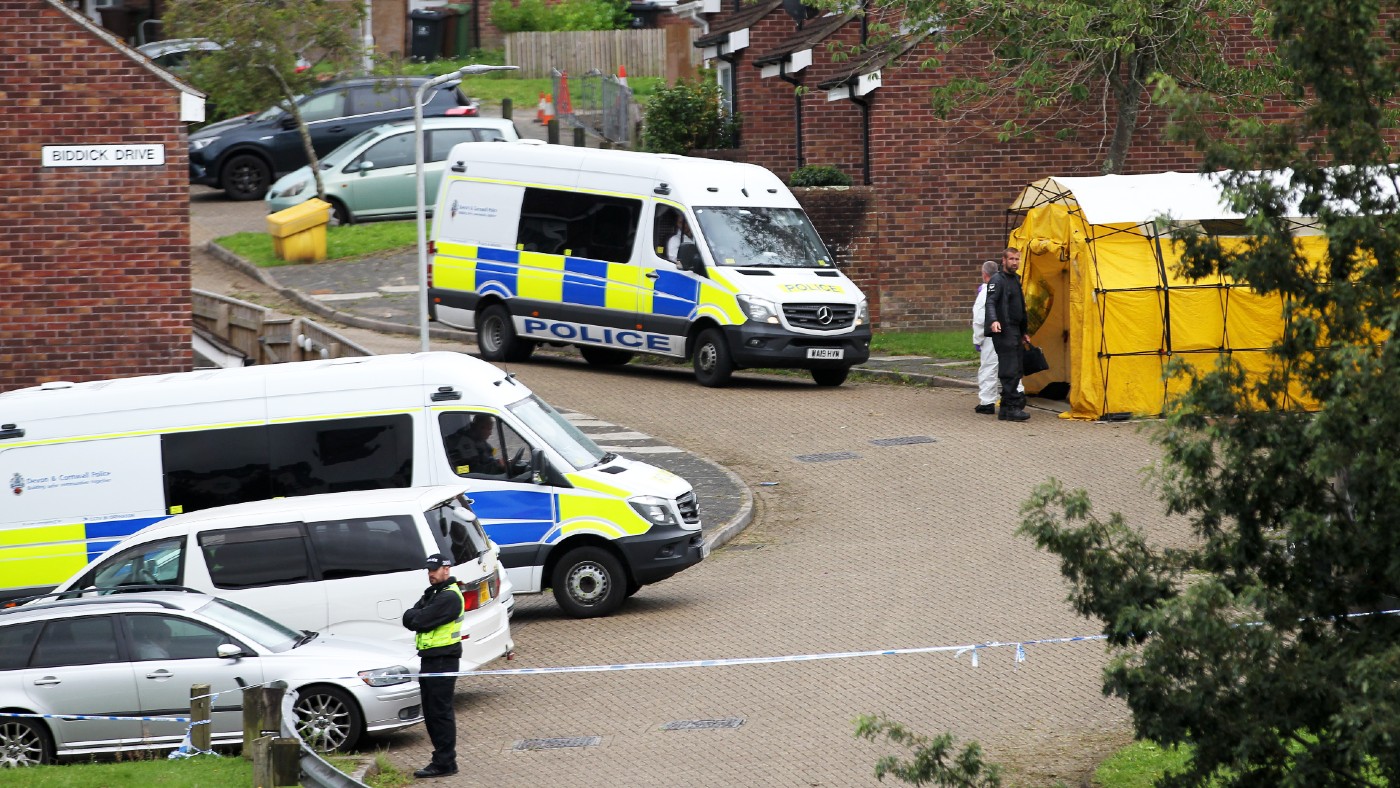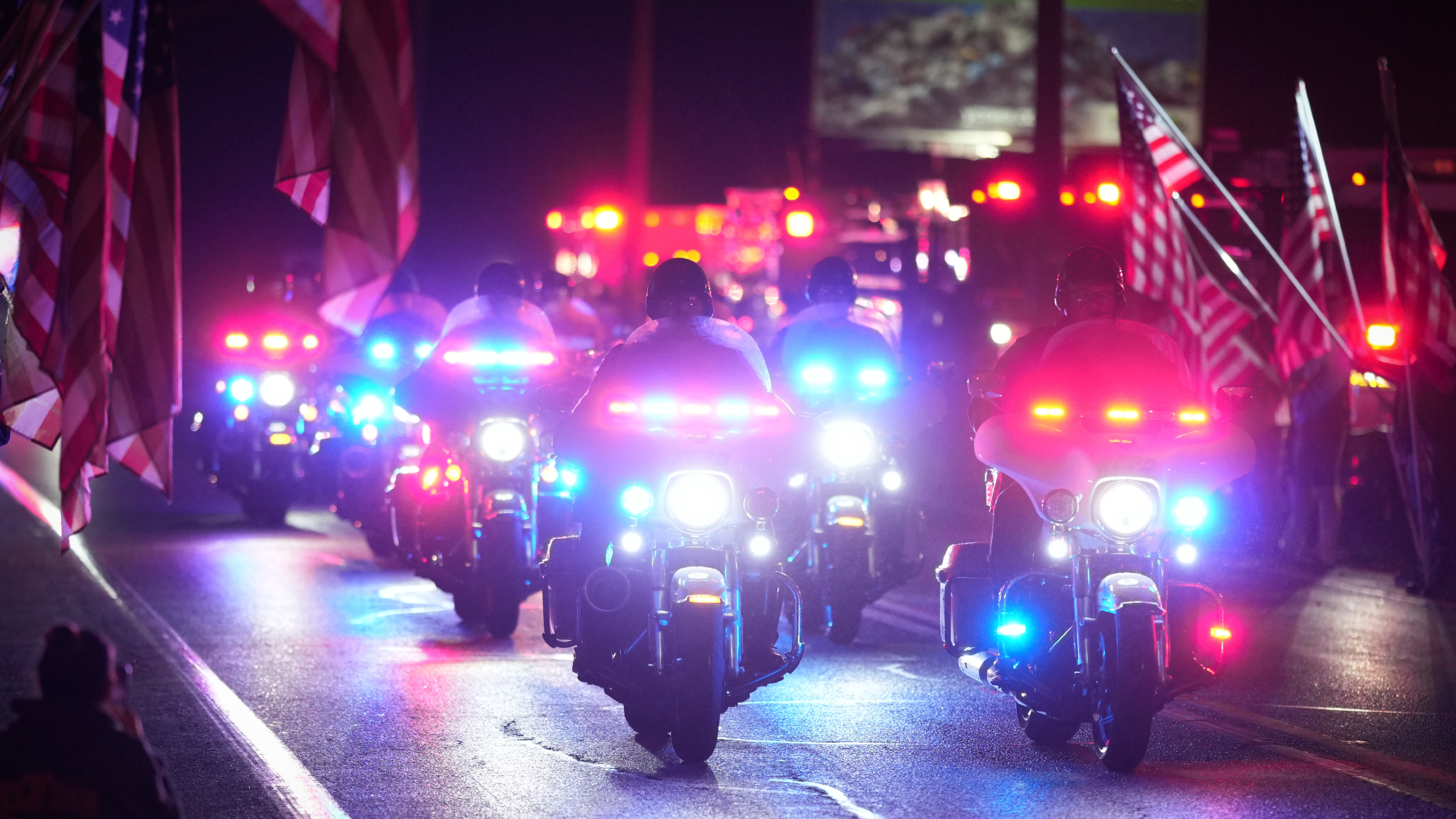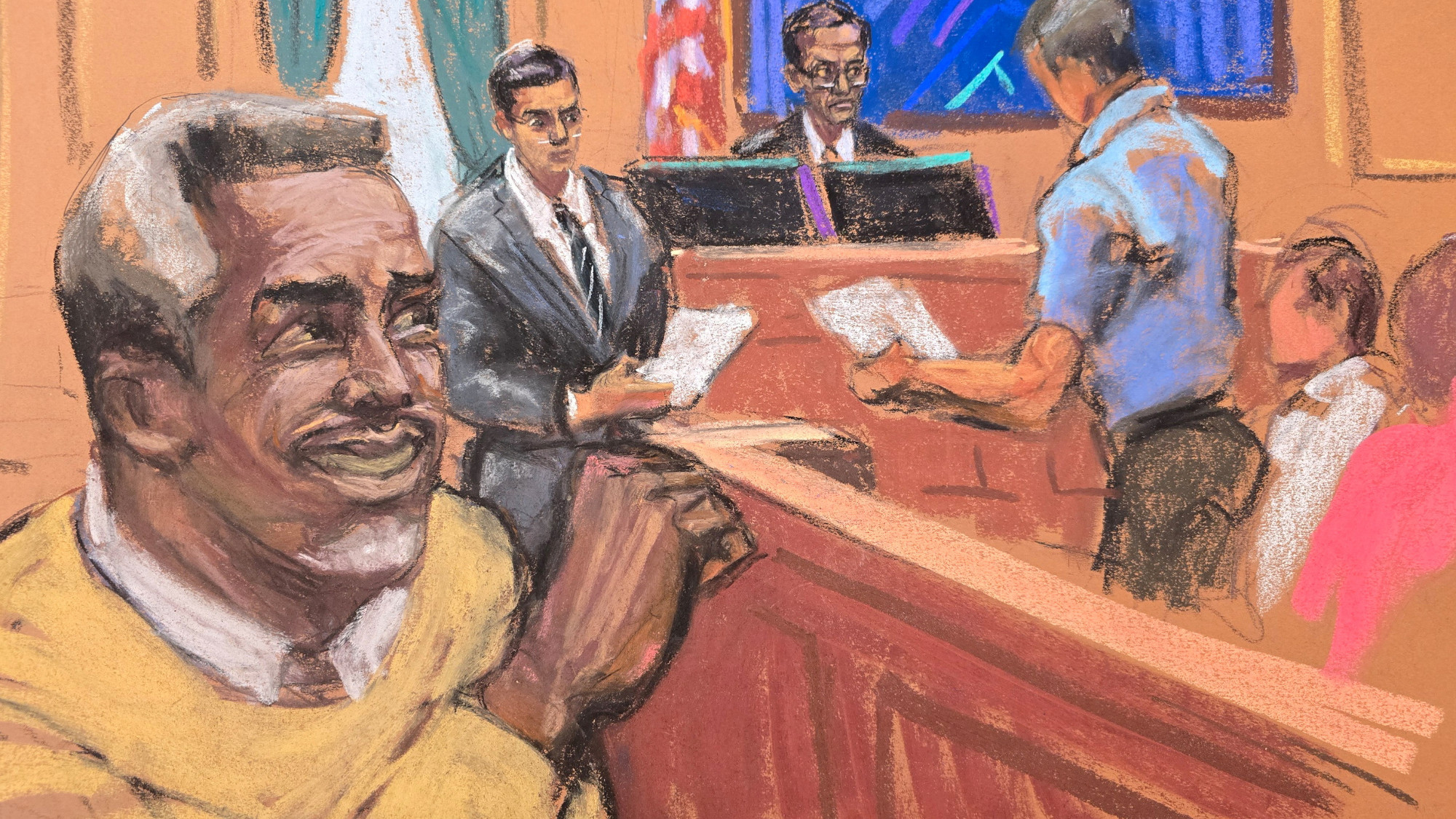Terror in Plymouth: what motivated Jake Davison?
What we saw last Thursday could be confirmation that a new terror threat has arrived

A free daily email with the biggest news stories of the day – and the best features from TheWeek.com
You are now subscribed
Your newsletter sign-up was successful
“He did not hurry, and according to witnesses, hardly spoke, except perhaps to tell one local: ‘Nothing to worry about, mate.’” Yet within the space of just 12 minutes last Thursday evening, 22-year-old Jake Davison had murdered five people, said Steven Morris in The Guardian. The first was his mother, 51-year-old Maxine. Davison – who worked as an apprentice at the security firm Babcock – burst into the house they shared in a suburb of Plymouth, and shot her dead. He then walked back onto the street, and appears to have killed his next victims at random. Three-year-old Sophie Martyn and her adoptive father, Lee, just happened to be passing when Davison shot them both, at close range. He then strode to a small park at the bottom of the road, where he gunned down Stephen Washington, 59, as he walked his two huskies. Police marksmen were by now racing to the area, but Davison had time to select one more victim – Kate Shepherd, 66, who was standing outside a hair salon �� before turning the gun on himself. As Plymouth reeled from what was the worst mass shooting on British soil for 11 years, police revealed that Davison not only had a gun licence, but had just had it returned: it had been revoked last year, after he was accused of assault.
How Davison came to have his gun returned to him is a question that needs to be urgently addressed, said The Independent. His mother had begged NHS mental health services to help her son, whose condition seems to have deteriorated in lockdown. Was this information passed on to the police? And how had he acquired a licence in the first place, asked The Times. Mass shootings in the UK are rare, and our gun laws are strict. But that a “maladjusted” individual like Davison was judged to pose no threat to public safety, and to have a “good” reason to own a gun, suggests they need tightening. More broadly, police should consider how they classify crimes of this kind. They described his spree as a “domestic-related” incident that had spilt onto the street, and not a terrorist one – but this was “confusing”. Davison’s social media activity reveals that he was involved in the violently misogynistic “incel” (involuntary celibate) subculture, and that he’d posted a series of hate-filled messages online.
What we saw last Thursday was confirmation that a new terror threat has arrived, said Mark Townsend in The Observer. For some years the security services have been noting that the “traditional silos of far-right and Islamist extremism are disappearing”. Instead, the extremists cropping up on their radars have ideologies that are categorised as “Mixed, Unstable, Unclear”. The people ascribed to this category (who now account for around 50% of referrals to Prevent) may parrot the views of both Tommy Robinson and Osama bin Laden, often with a layer of conspiracy theory too. The incel ideology “belongs to this new blurry extremism – incubated, propagated and weaponised online”. What hasn’t changed is the kind of people seduced by it: “socially isolated individuals with little stake in society”.
The Week
Escape your echo chamber. Get the facts behind the news, plus analysis from multiple perspectives.

Sign up for The Week's Free Newsletters
From our morning news briefing to a weekly Good News Newsletter, get the best of The Week delivered directly to your inbox.
From our morning news briefing to a weekly Good News Newsletter, get the best of The Week delivered directly to your inbox.
Men and boys who lack self-esteem join incel groups to find friends, said Katherine Denkinson in The Independent. And then the radicalisation begins. Wallowing in their “collective self-pity”, they feel accepted. But rather than boosting one another, they drag each other down: competing to express hatred for the women who deny them the sex they think is their right. Incels, who gather in an online network known as the “manosphere”, accept no responsibility for their situation, said Charlie Tye on The Conversation. It is all the fault of women (or “femoids”). They say they have taken “the red pill” – meaning that the truth about male subjugation has been revealed to them. Some incels hope that by, say, working out (“gymmaxxing”) they’ll be able to compete with the “chads” (alpha males) who get the “stacies” (attractive women). But others, known as “black pills”, believe that their oppression is insurmountable. It is from this “nihilistic despair” that violence flows. In 2014, a self-confessed “kissless virgin” named Elliot Rodger killed six people in California as “revenge” against those who’d denied him sex. He is a hero within incel communities; and subsequent killings have been linked to his example.
Davison talked like an incel, said Naama Kates on UnHerd. A virgin at 22, he believed himself to be irredeemably ugly; and he’d expressed a loathing of women in general and of his mother in particular (though they had once been close). But he did not call himself an incel, and he’d referred to the movement as “toxic”. It may have influenced him; but simply to blame it for last week’s atrocity risks distracting us from vital questions about why some troubled young men become so angry and alienated that they are drawn to violent subcultures, and how to stop it.
A free daily email with the biggest news stories of the day – and the best features from TheWeek.com
-
 Switzerland could vote to cap its population
Switzerland could vote to cap its populationUnder the Radar Swiss People’s Party proposes referendum on radical anti-immigration measure to limit residents to 10 million
-
 Political cartoons for February 15
Political cartoons for February 15Cartoons Sunday's political cartoons include political ventriloquism, Europe in the middle, and more
-
 The broken water companies failing England and Wales
The broken water companies failing England and WalesExplainer With rising bills, deteriorating river health and a lack of investment, regulators face an uphill battle to stabilise the industry
-
 The Epstein files: glimpses of a deeply disturbing world
The Epstein files: glimpses of a deeply disturbing worldIn the Spotlight Trove of released documents paint a picture of depravity and privilege in which men hold the cards, and women are powerless or peripheral
-
 Death in Minneapolis: a shooting dividing the US
Death in Minneapolis: a shooting dividing the USIn the Spotlight Federal response to Renee Good’s shooting suggest priority is ‘vilifying Trump’s perceived enemies rather than informing the public’
-
 How the Bondi massacre unfolded
How the Bondi massacre unfoldedIn Depth Deadly terrorist attack during Hanukkah celebration in Sydney prompts review of Australia’s gun control laws and reckoning over global rise in antisemitism
-
 3 officers killed in Pennsylvania shooting
3 officers killed in Pennsylvania shootingSpeed Read Police did not share the identities of the officers or the slain suspect, nor the motive or the focus of the still-active investigation
-
 Trump lambasts crime, but his administration is cutting gun violence prevention
Trump lambasts crime, but his administration is cutting gun violence preventionThe Explainer The DOJ has canceled at least $500 million in public safety grants
-
 Aimee Betro: the Wisconsin woman who came to Birmingham to kill
Aimee Betro: the Wisconsin woman who came to Birmingham to killIn the Spotlight US hitwoman wore a niqab in online lover's revenge plot
-
 Diddy: An abuser who escaped justice?
Diddy: An abuser who escaped justice?Feature The jury cleared Sean Combs of major charges but found him guilty of lesser offenses
-
 Crime: Why murder rates are plummeting
Crime: Why murder rates are plummetingFeature Despite public fears, murder rates have dropped nationwide for the third year in a row